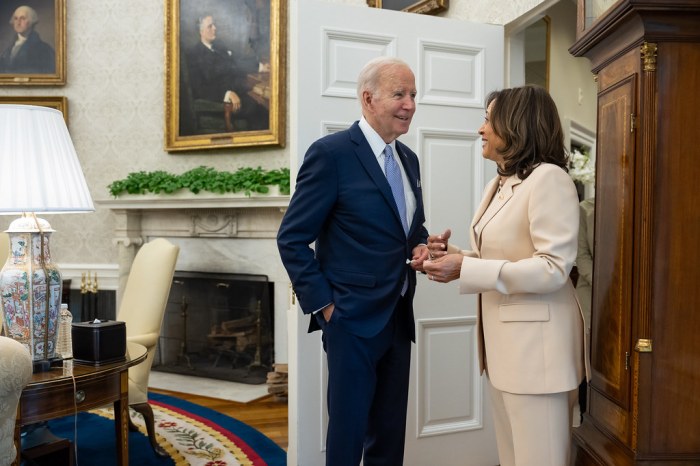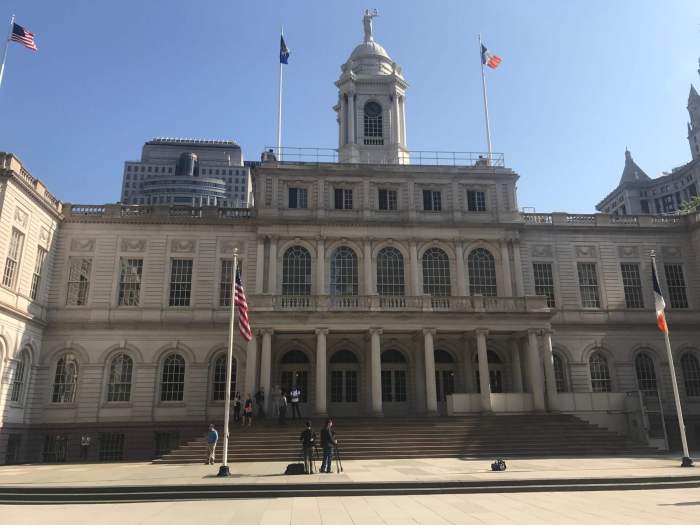Names, addresses of 2009 anti-gay referendum backers immediately posted
Nearly two years after Washington State voters rejected an effort to block implementation of a comprehensive same-sex domestic partnership law, a federal judge has ruled that the state can make public the names and addresses of those who signed petitions to mount the ballot question.
District Judge Benjamin H. Settle, on October 17, found that Washington can disclose the names as required by state law, even though he initially stated that doing so would violate the First Amendment rights of the petition signers. The judge concluded that plaintiffs had failed to show any infringement on their rights.
Both the Ninth Circuit and the Supreme Court had earlier rejected Settle’s position that disclosing names of those signing initiative petitions is unconstitutional “as a general matter.” The high court said that the public interest in political transparency required the plaintiffs to show serious harm should disclosure be ordered.
Most of the plaintiffs who made depositions in the case were known either for testifying before the Legislature or being members of it, and they largely recounted nothing worse than heated exchanges with their opponents or other members of the public. None stated that they lived in fear of retribution.
In the end, Settle found it particularly noteworthy that the plaintiffs made no effort to offer testimony from the ballot measure’s financial backers, whose identities had already been disclosed. Evidence submitted about harassment of supporters of California’s Proposition 8 proved unimpressive.
Supreme Court precedent made the plaintiffs’ task difficult. Exceptions to state disclosure laws have typically been upheld only in cases involving “minor parties” that took very unpopular positions, such as the Socialist Workers Party, or in a famous incident involving the National Association for the Advancement of Colored People (NAACP) during the early years of the civil rights movement.
Settle found the exceptions had been confined to “fringe” organizations with “unpopular or unorthodox beliefs” who were seeking to “further ideas that have been ‘historically and pervasively rejected and vilified by this country’s government and its citizens.’” The best the Washington plaintiffs could provide, the judge found, was “a mountain of anecdotal evidence from around the country that offers merely a speculative possibility of threats, harassment, or reprisals,” but that fails the requirement of showing the threat is “specifically and directly related to a group or organization.”
If those seeking exemption from election law disclosure could succeed, Settle concluded, “by simply providing a few isolated incidents or profane or indecent statements, gestures, or other examples of uncomfortable conversations that are not necessarily even related or directly connected to the issue at hand, disclosure would become the exception instead of the rule.”
Upon learning of the judge’s ruling, the state immediately made the list of petition signers publicly available. It was quickly picked up by the Associated Press, so the cat is now out of the bag. Nevertheless, the plaintiffs have vowed to appeal to the Ninth Circuit.



































